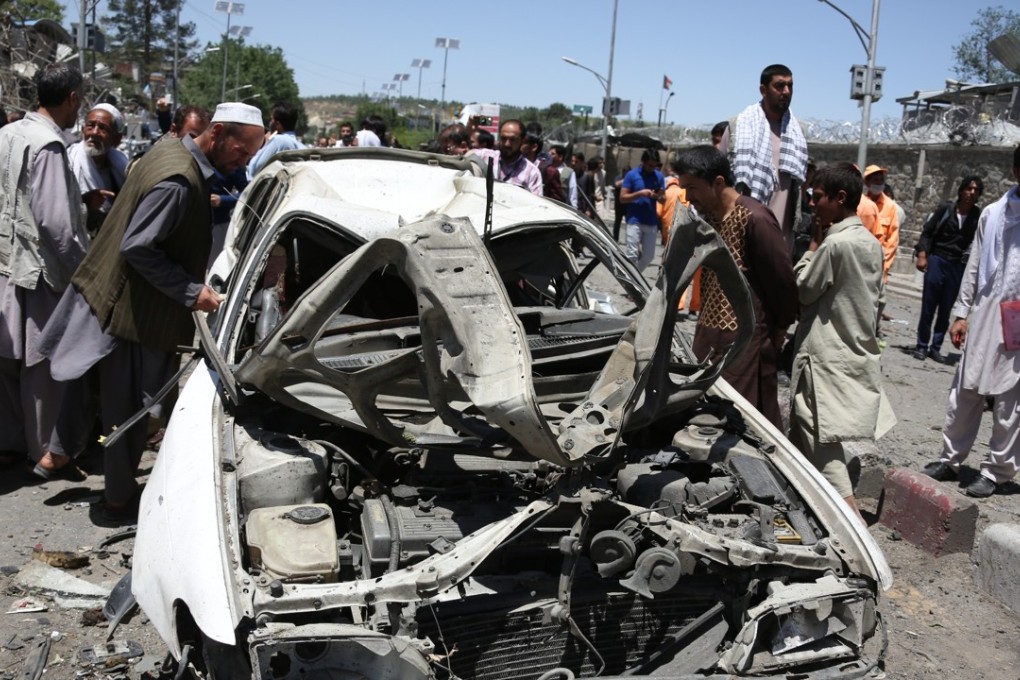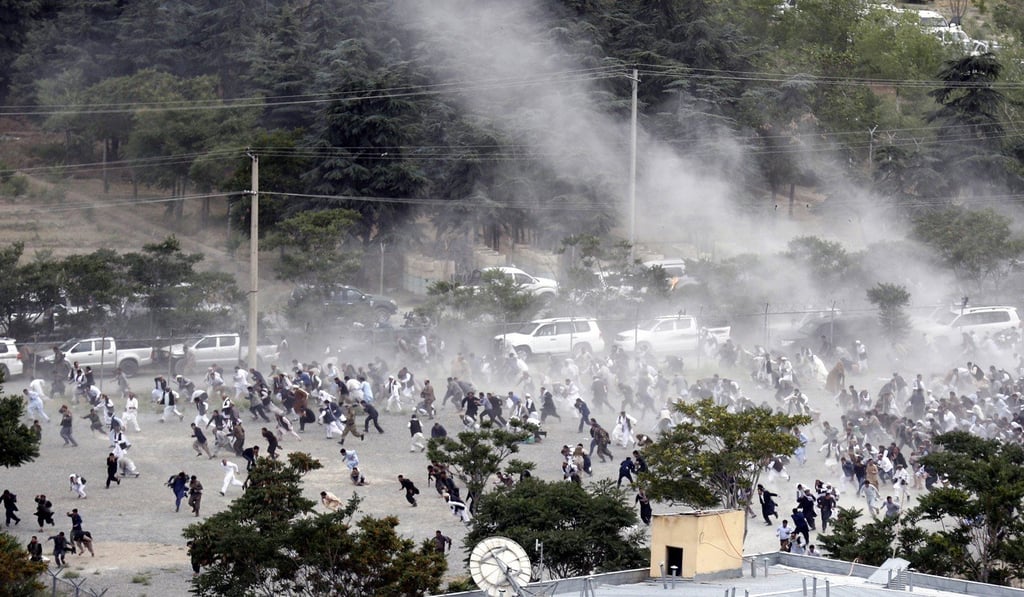China eyes ‘reconnecting’ Afghanistan as Pentagon orders up 4,000 more troops
Major security concerns continue to hamper plans for large-scale Chinese investment and reconstruction in the ravaged country

While China has stepped up its effort to integrate Afghanistan in its ambitious globalisation strategy, security risks remain a blockade for large-scale Chinese investment and reconstruction in the war-torn country.
That was the key message on Thursday at a Beijing conference in which China’s government researchers met delegates from other countries for a discussion under the theme of “Afghanistan Reconnected”.

The meeting – the first large semi-official parley specifically on Afghanistan and Beijing’s trade plan, dubbed the “Belt and Road Initiative” – was held as China tiptoes around the question of how to carry out trade and investment in the country while the US is still fighting its longest war there.
A Trump administration official on Thursday said the Pentagon would send nearly 4,000 additional troops to Afghanistan in an effort to improve the situation, in the biggest overseas military force deployment under Donald Trump as the US president.
Afghanistan is located not only strategically on the Silk Road, but also is close to the China-Pakistan Economic Corridor, the US$50 billion flagship plan in Beijing’s massive economic diplomacy play.